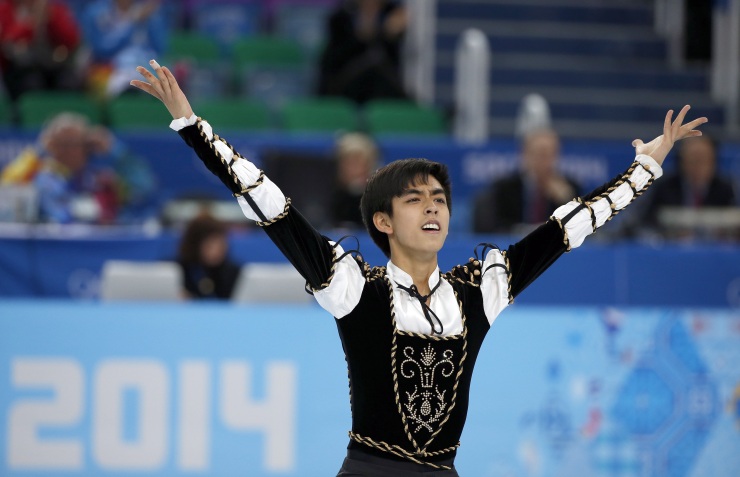My workshop partner and I count the number of tables that fill the gala hall.
“Sixteen by eight,” he says.
I look around and sigh a little. Of one hundred twenty-eight tables at the East Coast Asian American Student Union’s annual post-conference dinner, a grand total of one table accommodates the Pilipino delegation to the conference. It’s a full house tonight, with Asian American student organizations coming in droves from up and down the coast to attend workshops and listen to empowering speakers in the heart of DC.
The difference in numbers between us Pilipino delegates and most other Asian student association is staggering, but what we lack in numbers, we make sure to make up for in volume and spirit.
ECAASU is a time for Asian student organizations from every hue of our collective student population to mix, mingle, and crystallize the notion that was born in the 1970s: that Pan-Asianism and education lead to empowerment. The folks at UniPro lend a hand to the discussion of effective communication skills and charity, and I make my debut as large-scale conference speaker. For the Fil-Am student, ECAASU can be a chance at interacting with high-profile community leaders, while tasting the fruits of their own labor.
And it is in that milieu that we young, emerging Pilipino leaders find ourselves invited to a closing banquet, to eat with newly-made friends and foster blossoming partnerships. We’re underdressed and a little restless, like the younger delegates we came here to inspire (someone makes a joke about this being Prom 2.0). We’re getting ready for some Grand Hyatt-quality banquet food. We’d all be lying if we said we weren’t primarily here for the food.
Speakers come and go from the mic. Introductions are made. Students receive awards. The featured speaker is next. She approaches the microphone. She’s shorter than I expect her to be. She looks so very different in person, compared to the photos of her in magazines and online.
She looks and sounds like my mother.
This Pilipina woman is Cristeta Comerford, the first female and first Asian American executive chef at the White House; she was selected by Laura Bush and cooks for the Obama family today. “Shatterer of ceilings,” my workshop partner goes on to post to Facebook. Everyone is listening. She is educated, bright, and talented. Everything that you expect in a featured speaker. Except she looks and sounds like my mother.
Featured speakers aren’t supposed to do that. They’re supposed to be taller or whiter or blacker or skinnier. With tasteful salt-and-pepper hair. In either a power suit or a full-fledged banquet gown. They’re supposed to be CEOs of hedge fund banks or whatever. Politicians. Company executives. Actors who do a lot of philanthropy. People with doctorates and fellowships. If they represent America, they’re supposed to have scrubbed away any accent that would give away they allegiance to a motherland. But Cris Comerford embodies none of that. Her training is in food, and that training spans continents, and her accent is garnished with the coconut, vinegar, and jasmine of a country very far away. If I stand next to her, she would go no higher than my chin.
And yet she commands the room. She closes the conference and offers us its lessons on a presidential plate. She jokingly apologizes that she isn’t the one who cooked dinner for us tonight, and everyone in the room genuinely sighs in disappointment. Two thousand of Asian America’s upcoming leaders, most of them probably exhausted from the day’s events. She is our focus, as she shares with us her spirit, and gives body and thickness to the Pilipino notion of kapwa – she allows us to see ourselves in her, as she sees herself in all of us.
Our table stops paying attention to our plates, our phones and each other, and I can tell that every pair of eyes is fixated on her, standing behind a podium seven tables away, because all of us children of Pinay women are thinking the same thing.
After the speech, I have the pleasure of shaking her hand. They are worked, calloused, and tell the story of a woman fashioning meals fit for literal kings in the most important house in the world. We crowd around her and call her Tita Cris because we are all feeling famous and confident, putting her hands in ours. A handshake with Barack, the man who eats the meals, can wait another day. These hands, the hands of the woman who creates them, feel just like my mother’s.
Photo credit: Kristina Rodulfo






